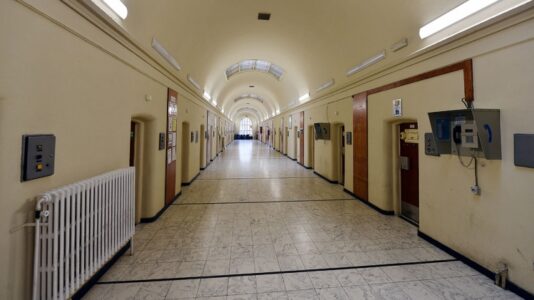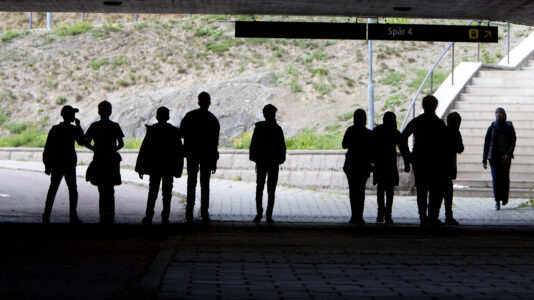Austria has no choice but to take responsibility for illegal migrants denied entry to Germany, regardless of concerns expressed by Vienna, Bavarian Interior Minister Joachim Herrmann has claimed.
The spat between the two neighboring nations over who must receive illegal migrants refused at new German border controls escalated late on Thursday, as the CSU politician responsible for home affairs in Germany’s most southern state had his say.
“This is not about whether Austria will take someone back, but rather whether Germany will deny someone entry,” Herrmann said in an interview with Welt.
“If Germany refuses to allow someone to enter the country, then the person concerned is still in the neighboring country and has not entered Germany. In this respect, the question for Austria does not arise as to whether they want to take someone back,” he added.
Herrmann’s remarks were in response to comments made by Austrian Interior Minister Gerhard Karner earlier this week who claimed there would be “no wiggle room” and insisted that Austria would “not accept people who are rejected from Germany.”
The argument has stemmed from Berlin’s decision to implement checkpoints at borders with other EU member states, effectively suspending the passport-free Schengen area that ensures free movement across the bloc. The border controls will be in place for six months from Sept. 16.
Both governments believe the law to be on their side.
The Austrian opposition and poll-topping Austrian Freedom Party (FPÖ) sided with the German center-right politician, using the opportunity to take aim at the open borders agenda it says the government in Vienna has adopted during its time in office.
Its security spokesman Hannes Amesbauer said that the Austrian government was responsible for allowing asylum claimants into the country and accused the ÖVP of being wedded to mass immigration.
“Instead of closing the borders, the ÖVP is constantly bringing new migrants to Austria,” he said. “Karner has been reimporting illegal returns from Germany for years,” he added.
Tensions over the unilateral long-term suspension of the European Union’s border and asylum rules by Germany is expected to increase tension with neighboring countries to the east and the south where illegal migrants are currently travelling through from Africa and the Middle East to reach Europe’s largest economy.






